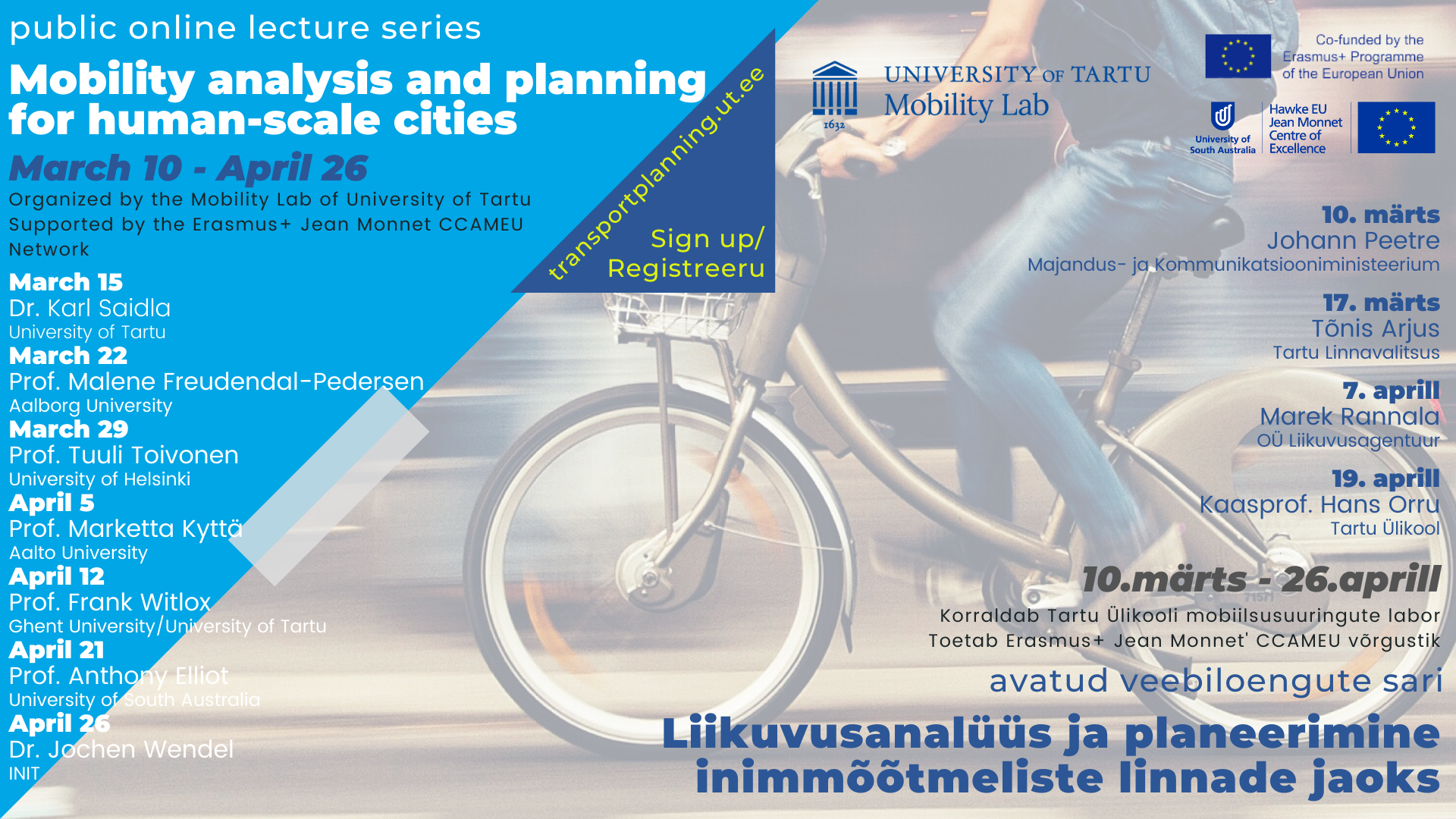Lectures 2022
Public online lecture series “Mobility analysis and planning for human-scale cities”
The lecture series, arranged by the Mobility Lab, University of Tartu, features experts and leading scholars in the field of mobility and transport from Estonia and beyond. The lecture series seeks to answer the question of how to promote human-scale, sustainable, and just cities through mobility analysis and transport planning. The lectures address transport policy, the social, environmental and health aspects of mobility and transport, traditional and novel methods in mobility analysis and transport planning, and innovative technologies and future solutions and their social impact.
Check the schedule and recordings of the lectures from 2022 below.
The lecture series is part of the “Transport Planning” course at the University of Tartu and therefore, some of the lectures are held in Estonian.
More information: Siiri Silm (siiri.silm@ut.ee), Age Poom (age.poom@ut.ee)
Mobility Lab of the University of Tartu



The series is supported by the Erasmus+ Jean Monnet Network action CCAMEU—Cooperative, Connected and Automated Mobility: EU and Australasian Innovations.
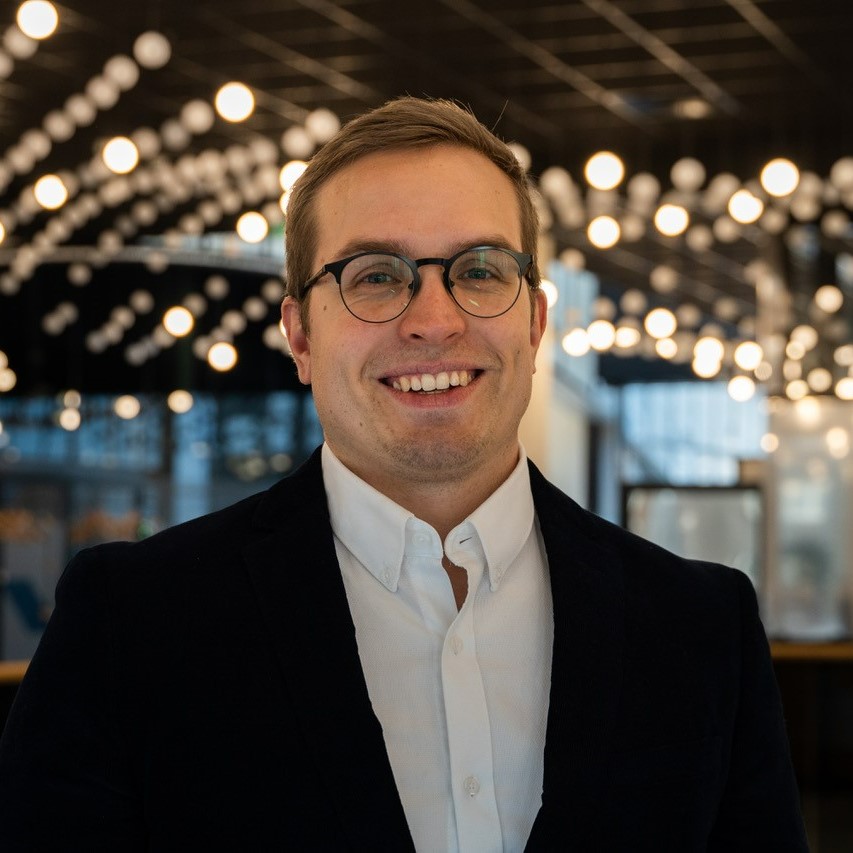 |
 |
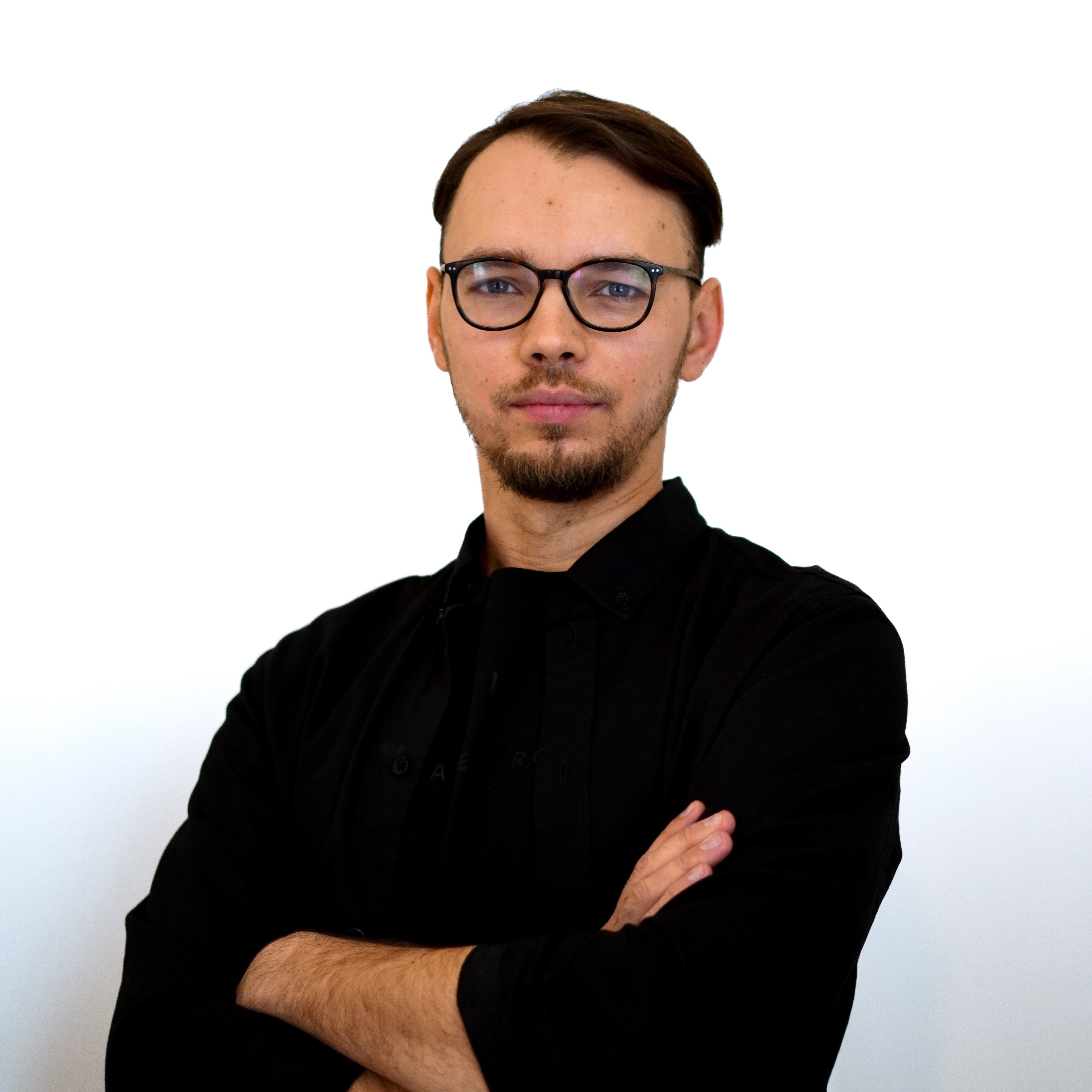 |
||
Johann PeetreMinistry of Economic Affairs and Communications March 10 14:15–15:30 (UTC+02:00) Lecture is in Estonian Transport and Mobility 2035 Action PlanJohann Peetre is working as an expert at the Ministry of Economic Affairs and Communications, Transport Development and Investments Department. He led the compilation of the Transport and Mobility 2035 Action Plan of Estonia and is currently working with the topics of the transition to sustainable transport and smart transport systems. |
Dr. Karl SaidlaUniversity of Tartu March 15 14:15–5:30 (UTC+02:00) Active transportation policy – what, why, how?Karl Saidla is a postdoctoral researcher with the University of Tartu’s Mobility Lab, where his research compares the bike share systems of Tartu and Helsinki from the perspective of public policy. Overall, his research explores what governmental approaches are most likely to help sustain and grow active transportation rates. He has a particular interest in Nordic cases and given their comparability with his home country’s (i.e., Canada’s) context. His PhD thesis compared the promotion of walking, cycling, and public transit use in Ottawa, Canada, and Helsinki. |
Tõnis ArjusTartu City Government March 17 14:15–15:30 (UTC+02:00) Lecture is in Estonian The development and future of citiesTõnis Arjus is the City Architect and Head of the Department of Urban Development of Tartu City Government. In his work, Arjus combats urban sustainability issues and trade-offs, aiming to provide safe, compact and human-friendly urban space for all. |
||
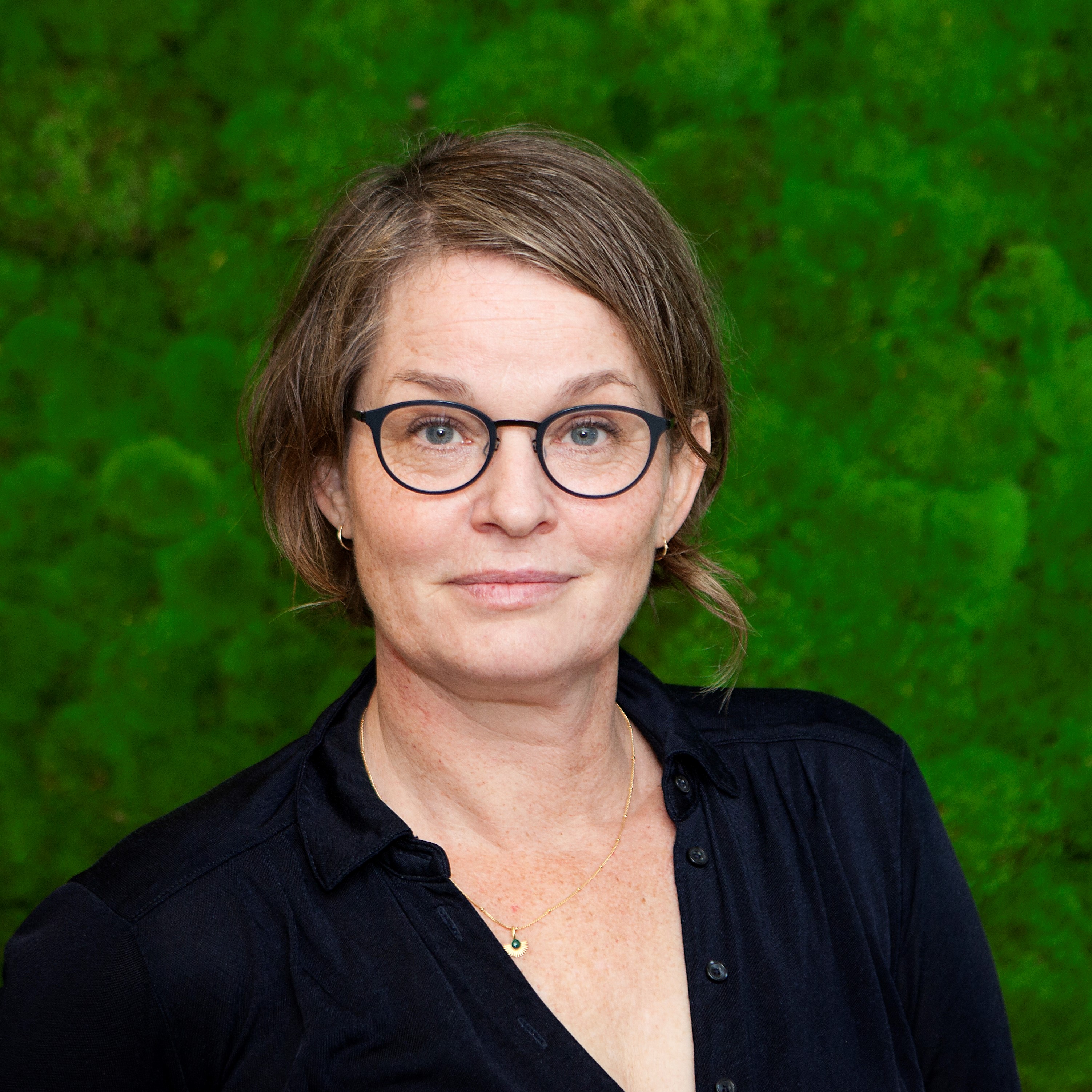 |
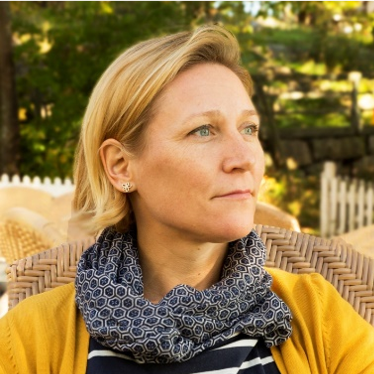 |
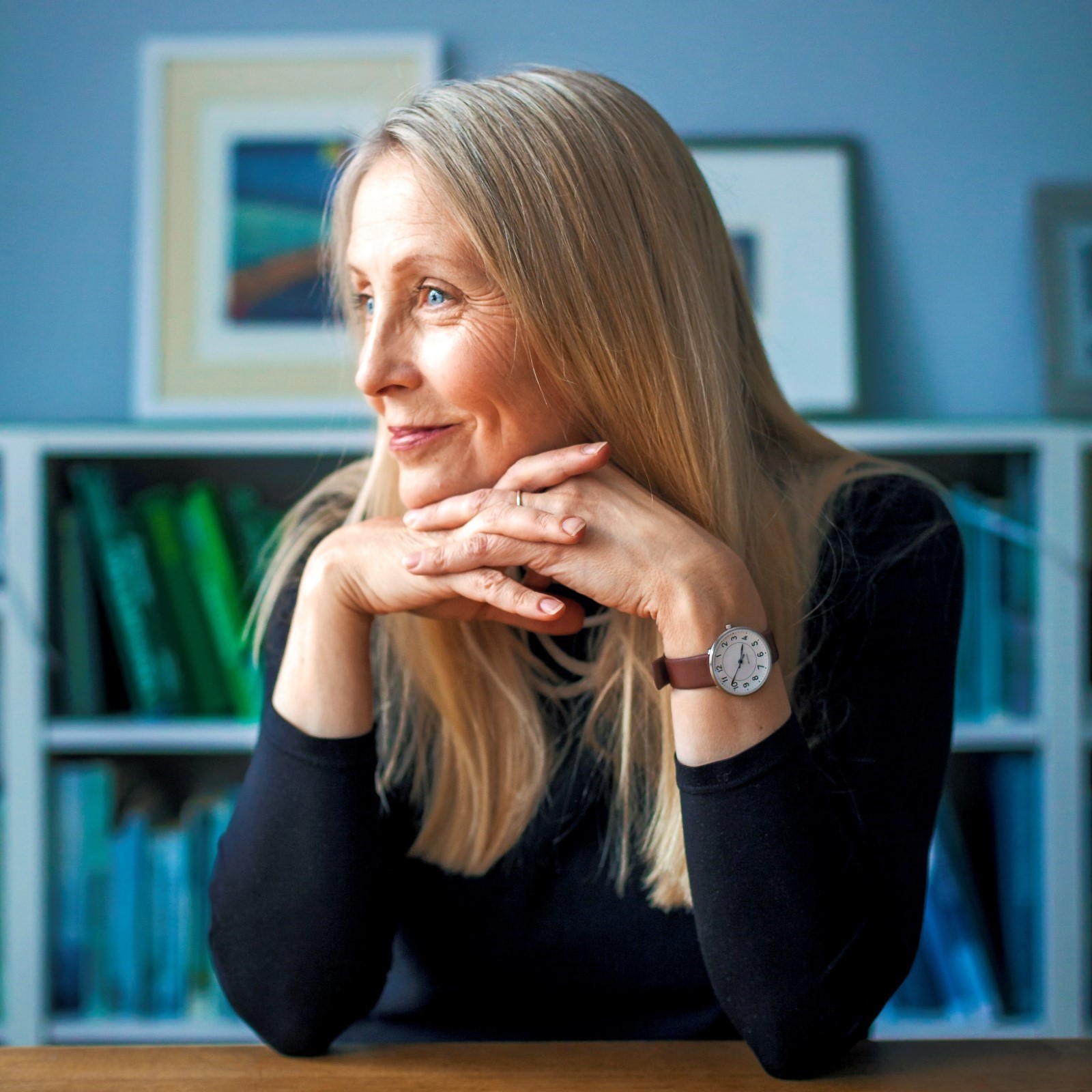 |
||
Prof. Malene Freudendal-PedersenAalborg University March 22 14:15–15:30 (UTC+02:00) Sustainable mobilities in the human-scale cityMalene Freudendal-Pedersen is a Professor in Urban Planning at Aalborg University and leads the Planning for Urban Sustainability research group. She has an interdisciplinary background linking sociology, geography, urban planning, and the sociology of technology. Her research has been strongly inspired by the mobilities turn. Previously, her work was primarily focused on investigating everyday life practices of mobilities. Currently, she investigates the transition into sustainable mobilities and its impact on everyday life communities, societies, and cities.
|
Prof. Tuuli ToivonenUniversity of Helsinki March 29 14:15–15:30 (UTC+03:00) Analysing accessibility and mobility for planning of sustainable and equitable citiesTuuli Toivonen is a Professor of Geoinformatics and the leader of the Digital Geography Lab at the University of Helsinki. Her research focuses on understanding the dynamics of people and places, in both urban and natural areas, mostly using open/big data, spatial analytics, and machine learning approaches. Much of her work examines the mobility and accessibility of people from different perspectives and in different environments, using user-generated data (social media, mobile phone, sports apps, etc.) combined with traditional data sources. |
Prof. Marketta KyttäAalto University April 5 14:15–15:30 (UTC+03:00) Place-based methods in the study of urban mobility and participatory transport planningMarketta Kyttä is a Professor in Land Use Planning. Her research interests within participatory planning and environmental psychology include human-friendly environments that promote health and wellbeing, active living, child- and age-friendly environments, and new methods for public participation. Her innovation, “softGIS” methodology, is an advanced example of PPGIS (public participation GIS) methodology. |
||
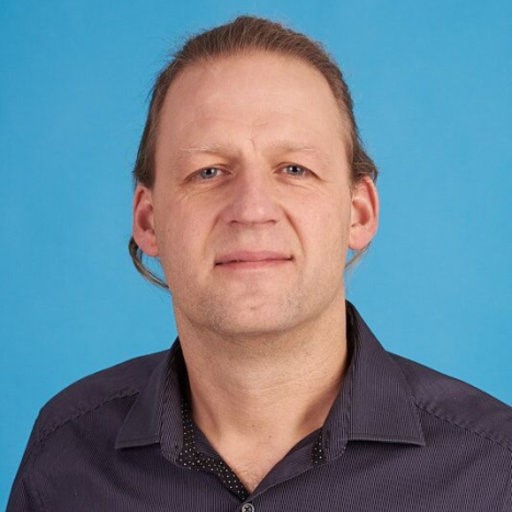 |
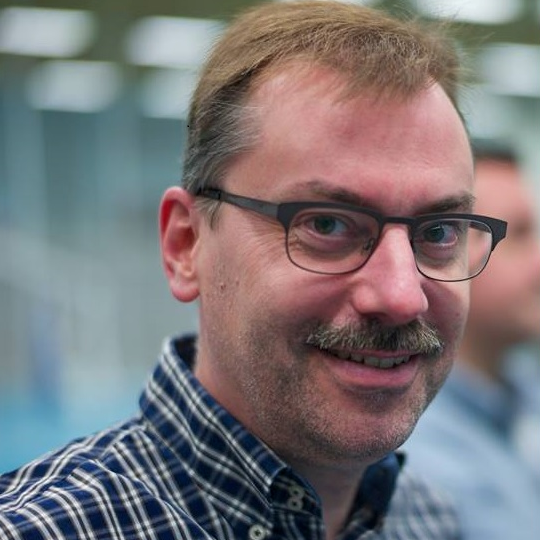 |
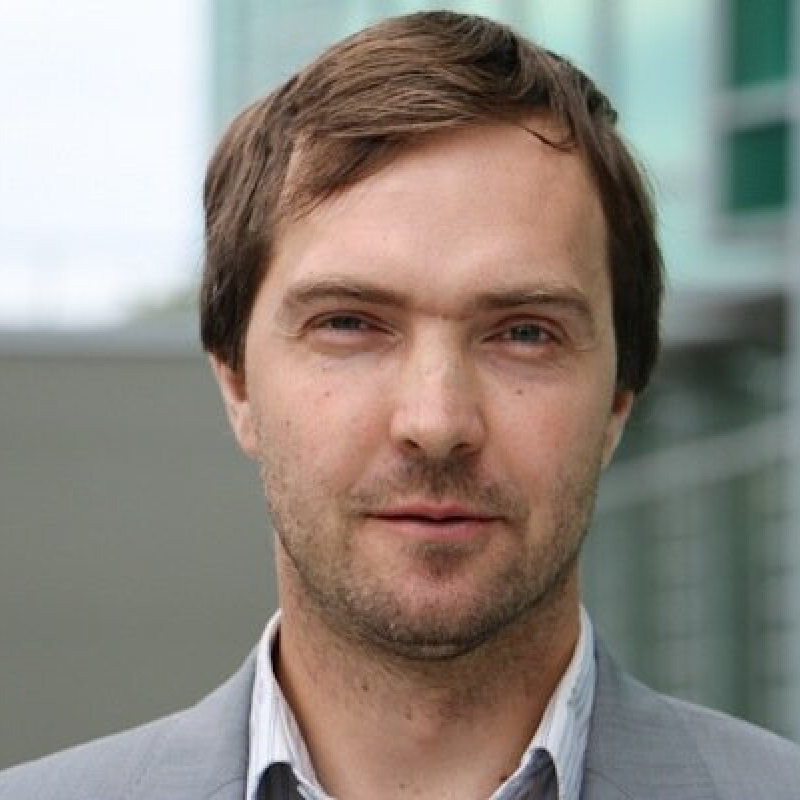 |
||
Marek RannalaOÜ Liikuvusagentuur April 7 14:15–15:30 (UTC+03:00) Lecture is in Estonian The role of (big) data in mobility analysis and transport planningMarek Rannala is a private consultant of sustainable mobility and transport and the development of public urban space at Liikuvusagentuur. He has been working with transport engineering, analysis, and logistics since 1997 and teaches urban mobility at the Estonian Academy of Arts since 2021. Previously, he has been leading mobility analysis and transport projects based on mobile phone data at Positium. |
Prof. Frank WitloxGhent University / University of Tartu April 12 14:15–15:30 (UTC+03:00) Modelling approaches in transport geographyFrank Witlox is Senior Full Professor of Economic Geography and Head of the Department of Geography at Ghent University. He is also Visiting Professor at the Department of Geography, University of Tartu. His research focuses mainly on travel behaviour analysis and modelling. He is the current Editor-in-Chief of the Journal of Transport Geography, a world-leading interdisciplinary journal focusing on the geographical dimensions of transport, travel, and mobility. |
Assoc. Prof. Hans OrruUniversity of Tartu April 19 14:15–15:30 (UTC+03:00) Lecture is in Estonian What are the health implications of mobility choices?Hans Orru is the Associate Professor in Environmental Health at the University of Tartu. His main research interests include environmental exposure to human health, such as the effects of air pollution, heat waves and noise in both indoor and outdoor conditions.
|
||
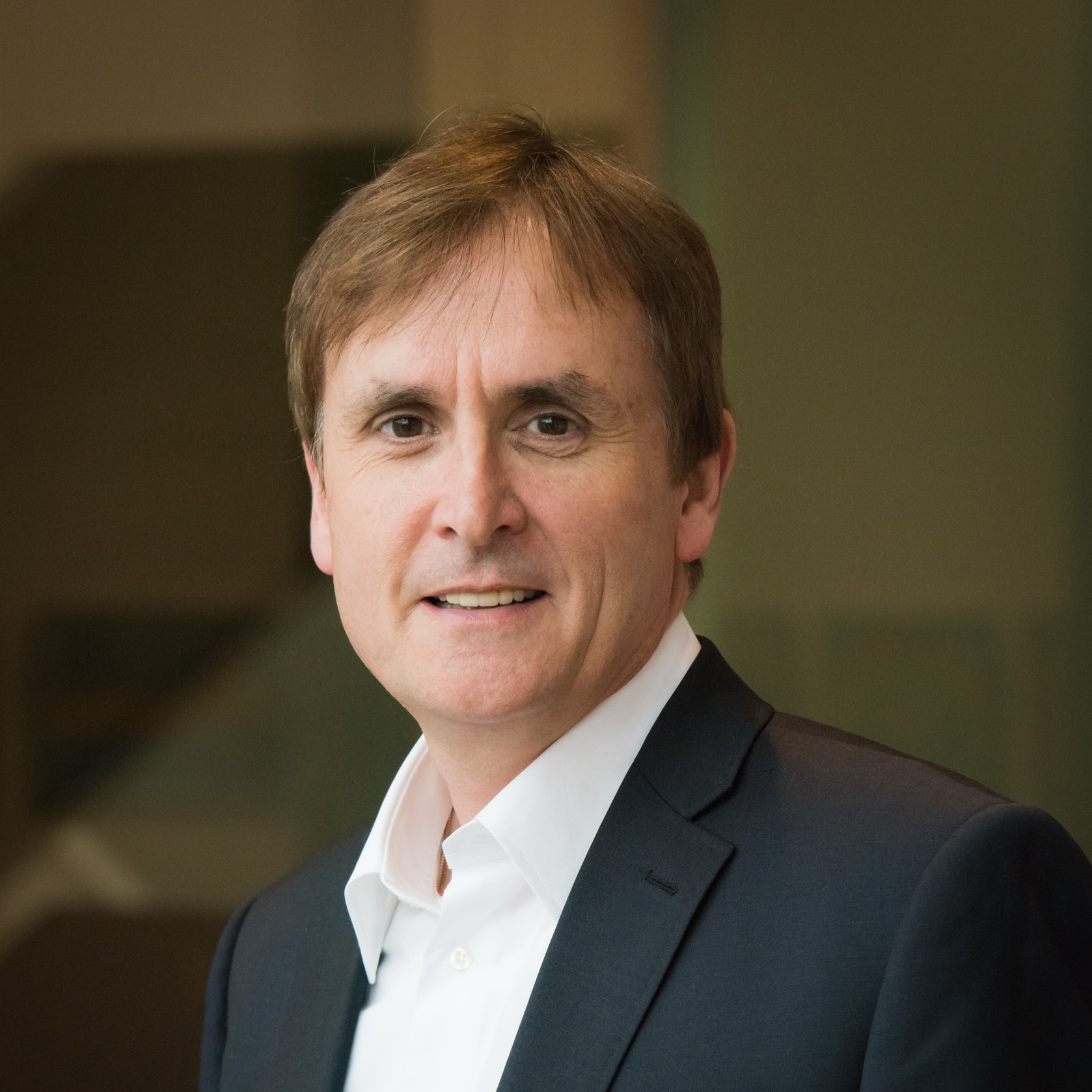 |
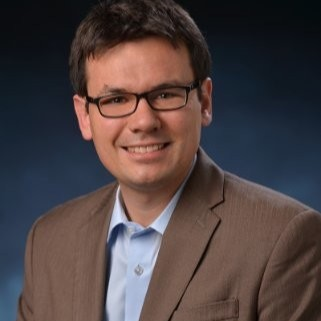 |
|||
Prof. Anthony ElliottUniversity of South Australia April 21 8:15–9:30 (UTC+03:00) No one driving: technologies, systems, retrotopiasAnthony Elliott is a Professor of Sociology and the Executive Director of the Jean Monnet Centre of Excellence and Network at the University of South Australia. Professor Elliott is a prominent social theorist, sociologist, and public intellectual. He writes about identity, society, globalisation, and the digital revolution. His research has had a lasting impact upon social theory and sociology worldwide. Currently, he leads several international teams investigating the social impact of digital technologies, robotics, and artificial intelligence. |
Dr. Jochen WendelINIT GmbH April 26 14:15–15:30 (UTC+03:00) Advancements in public transit to promote sustainable, connected, and seamless mobilityJochen Wendel received his PhD in Geography from the University of Colorado Boulder, USA. He also holds a master’s degree in Geomatics from the Karlsruhe University of Applied Sciences, Germany. Since 2021, Dr. Wendel is an R&D Manager in the research team at INIT. His work focuses on novel advancements in the public transit sector, including digitalization, data and analytics to promote sustainable, connected and seamless mobility. Prior of joining INIT, Dr. Wendel has worked on several projects related to smart cities, location-based services, data mining and data visualisation with several state agencies and research institutes in the US and Germany. |
|||
